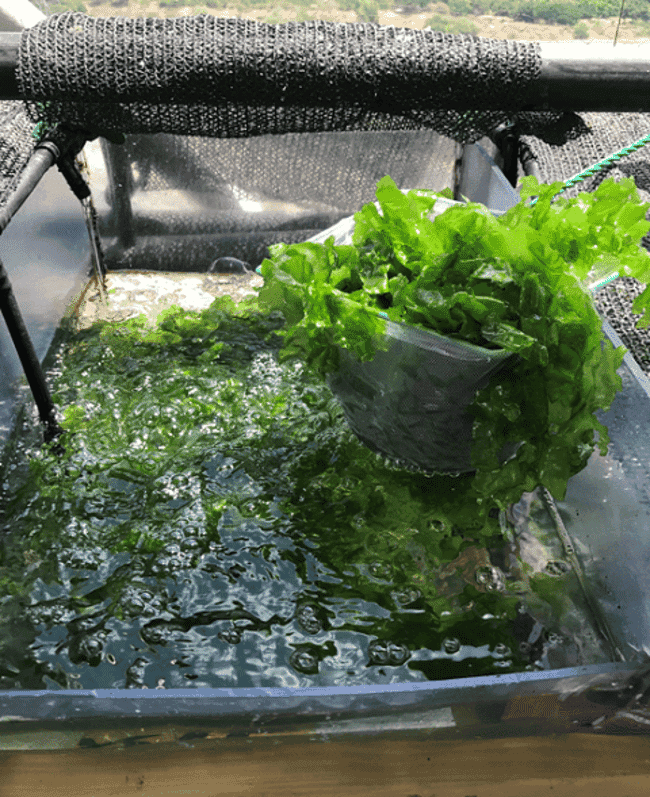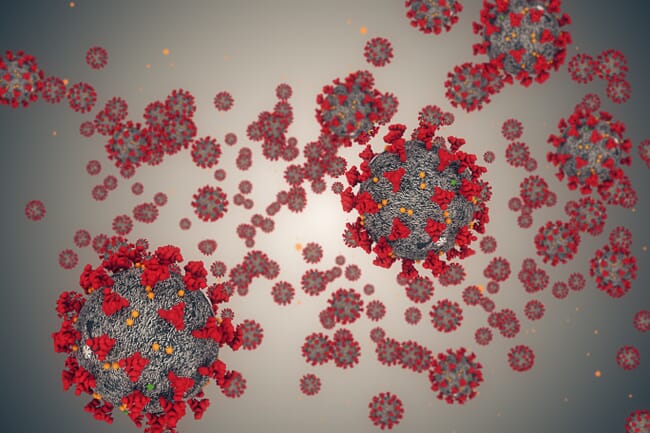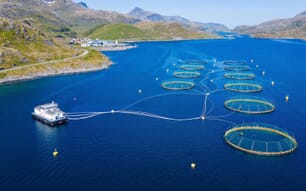Researchers at Tel Aviv University, led by Professor Alexander Golberg of the Porter School of Environmental and Earth Sciences, have found that a substance called ulvan extracted from edible marine algae called ulva prevents the infection of cells with the coronavirus. Their initial trial results have been published in the Peer Journal.

According to the researchers, this finding is especially promising because, “[ulvan] is a cheap natural material for production, which may help solve a serious problem – the spread of Covid-19 in large populations, especially in developing countries, which do not have access to the vaccine. The lack of vaccine access takes the lives of many victims and even accelerates the creation of new variants. The study is still in its early stages, but we hope that the discovery will be used in the future to develop an accessible and effective drug, preventing infection with the coronavirus."
Prof Golberg explains, "it is already clear today that the coronavirus vaccine, despite its effectiveness, will not be able to stop the global spread of the pandemic. It is clear that as long as billions in the low-income world that do not have access to the vaccine are not addressed, the virus is expected to develop more and more variants, which may be resistant to vaccines – and the war against the coronavirus will continue.
Find a cheap and accessible solution that will suit even economically weak populations in developing countries would be a monumental step. In our lab, we decided for this purpose to test a substance that could be extracted from a common seaweed. Ulvan is extracted from marine algae called ulva, which is also called “sea lettuce”, and is used for food in places like Japan, New Zealand and Hawai’i.
It has previously been reported that ulvan is effective against viruses in agriculture and also against some of the human viruses, and when the coronavirus arrived, we asked to test its activity against the coronavirus."

To test their hypothesis, in the midst of the first lockdown, laboratory researchers grew ulva algae, extracted the substance ulvan from it and sent it to the Southern Research Institute in Alabama, USA, which deals with infectious diseases.
The US researchers built a cellular model to test the activity of the substance produced in Prof Golberg's laboratory. The cells were exposed to both the coronavirus and also to ulvan. It was found that, in the presence of ulvan, the coronavirus does infect the cells.
In other words: ulvan (as opposed to extracts from other algae tested) prevents the cells from being infected with the corona virus.
According to the researchers, “the findings are very encouraging, but they are still only 'oil slicks', and a lot of work is still ahead of us. The substance was produced in raw production, so it is actually a mixture of many natural substances, and we must find out which one is the substance that prevents cell infection. Thereafter we will have to examine how, if at all, it works in humans."
Prof Golberg concludes, "in our laboratory study, we found a cheap and easy-to-produce natural material that prevents cells from being infected with the coronavirus. Our findings at this stage arouse cautious optimism.
In the most optimistic scenario, ulvan could serve as a solution to an urgent and painful problem: giving coronavirus protection to billions of people who do not have access to vaccines. This will prevent the development of new variants and ultimately contribute to stopping the global pandemic, which has claimed the lives of close to five million people to this day."




